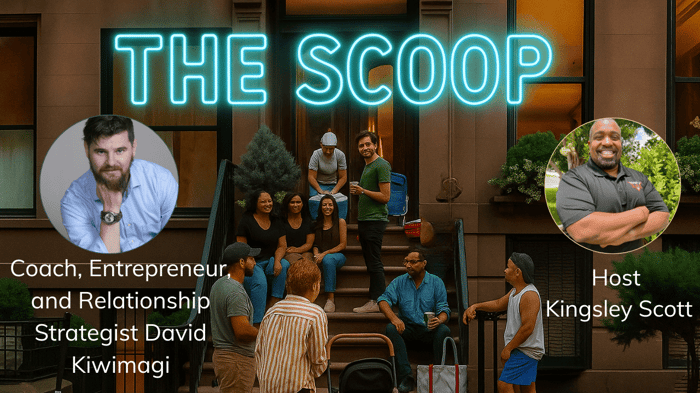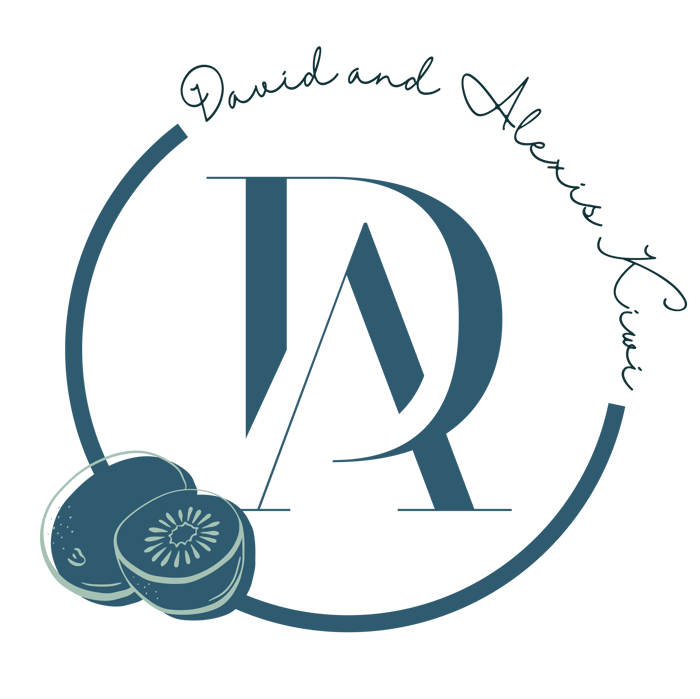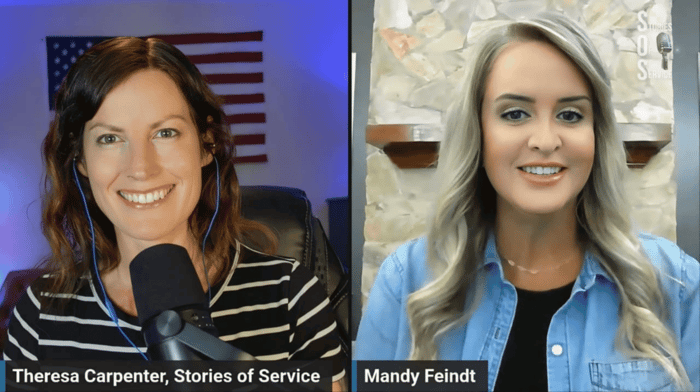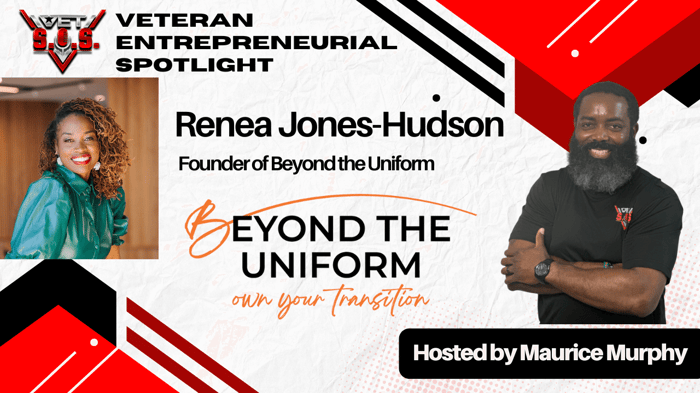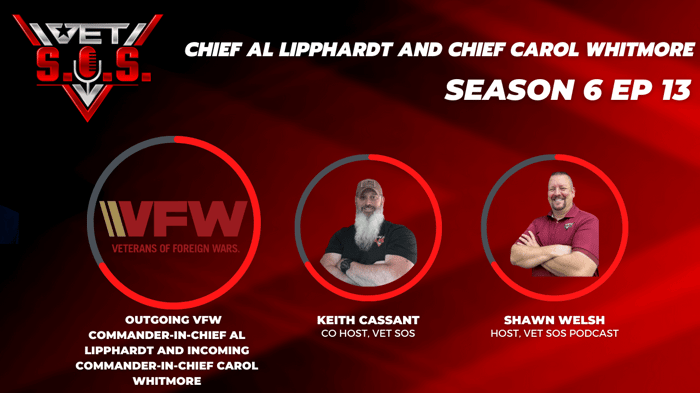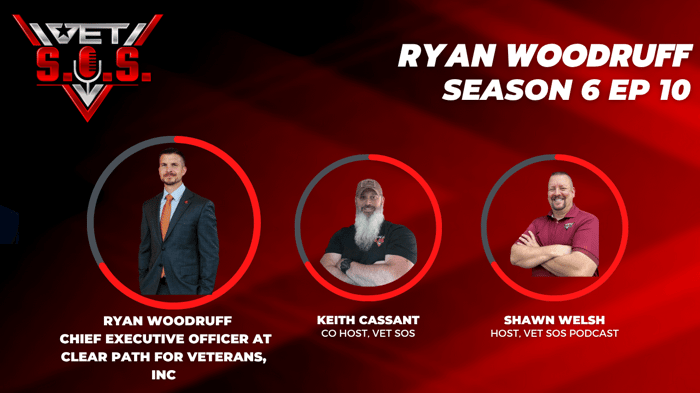Introduction: Why Coaching for Veterans Matters Now More Than Ever
The military teaches service members how to lead, follow orders, perform under pressure, and navigate extreme situations. But what it doesn’t always teach is how to transition to civilian life—how to build a thriving marriage, run a successful business, or communicate deeply and effectively outside of a chain of command. That’s where coaching for veterans comes in.
In this episode of The Scoop on VET S.O.S., host Kings welcomes David Kiwimagi, affectionately known as “Kiwi,” to share how coaching saved his marriage, revitalized his business, and led to a new mission: empowering veterans and couples through authentic communication, emotional clarity, and purpose-driven leadership.
From Lasagna to Life Lessons: The Unlikely Start of a Coaching Journey
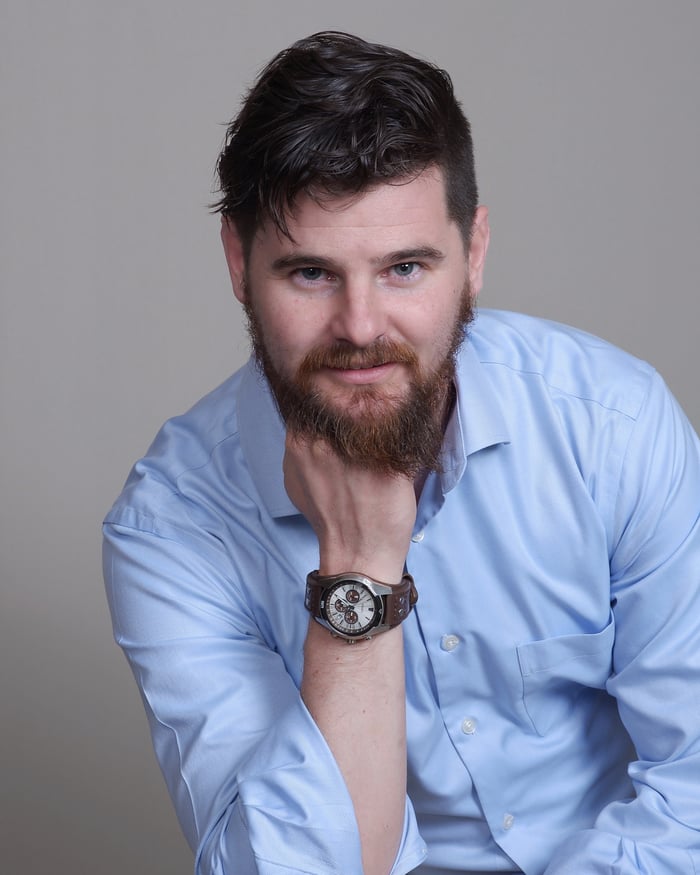 David Kiwimagi
David KiwimagiDavid’s story begins in an unexpected way—with a lasagna gone wrong. Shortly after marrying, David asked his wife to make his favorite childhood meal. She served it with pride, but the first bite revealed a surprise ingredient: a hard-boiled egg.
That moment became symbolic. Rather than communicate his disappointment, David swallowed his pride—and the lasagna. But what seemed like a minor mishap was a symptom of something deeper: a pattern of unspoken expectations, poor communication, and emotional avoidance that plagued both their personal relationship and their joint business.
As David shared on The Scoop, “We were heading toward a failed business and a failed marriage. Coaching was our last shot—and it saved everything.”
What Coaching Did That the Military Couldn’t
When Kiwi and his wife invested in professional coaching, he was skeptical. “I thought it was therapy, and I didn’t need that,” he laughed. But eight weeks later, their world looked completely different.
Through the process, they uncovered their natural strengths, core values, and communication blind spots. They developed tools that helped them:
Turn unspoken assumptions into actionable agreements
Manage stress and expectations
Rebuild intimacy and business alignment
Rediscover their purpose outside of military identity
It was then that they knew they had to pay it forward—offering coaching for veterans who face similar post-service struggles.
Transforming Veteran Relationships with Communication Coaching
One of Kiwi’s most impactful lessons is how to turn unspoken expectations into agreements—a core practice he now teaches in coaching sessions. This principle is rooted in the idea that many conflicts stem not from malice, but from misaligned assumptions.
To fix it, Kiwi created a simple yet powerful exercise:
Choose a life category (e.g., household tasks, finances, parenting)
Each person writes three lists: their responsibilities, their partner’s, and shared ones
Compare notes—and talk through differences
What results is not conflict, but connection. Veterans often come from environments where vulnerability was discouraged. Coaching gives them the space to express what they want and need without shame.
“His Business, Her Business, Not Your Business”
Another tool Kiwi teaches in coaching for veterans is the concept of controlling your own space:
Your business: your actions, words, thoughts, and focus
Their business: what others think, say, or do
God’s business: the things completely outside anyone’s control
Veterans, especially those in leadership roles, often take on the emotional weight of others. Coaching helps them let go of what isn’t theirs to carry. As Kiwi put it, “You’re only responsible for what you create. Focus on that, and you’ll move forward.”
This is particularly important in a world where many veterans battle decision fatigue. In the military, everything is structured. In civilian life—especially entrepreneurship or family life—constant choices can be exhausting. Coaching provides clarity and structure in this unstructured world.
Coaching for Veterans in Transition: Tools to Build a Purposeful Civilian Life
One of the biggest pain points for veterans is transitioning into civilian life. Whether stepping into a corporate role, building a business, or redefining family dynamics, many feel unprepared and misunderstood.
Kiwi remembers being a top performer in cyber operations, only to feel unseen in the civilian workplace. His highly classified work wasn’t even mentionable in interviews. “It was like, ‘Cool story, bro,’” he laughed. “But coaching helped me realize—I am not my rank. I am my value.”
Through coaching, veterans gain:
Personal clarity on their values and passions
Professional development skills such as leadership communication
Emotional resilience to face uncertainty
Tools to rebuild trust and intimacy in personal relationships
How to Win Every Argument (Seriously)
It sounds too good to be true, but Kiwi offers this gem: “You can win every argument—when you change what it means to win.”
Instead of trying to win against your partner, friend, or boss, shift your mindset to:
“It’s you and me versus the problem.”
This is one of the most empowering shifts in coaching for veterans. It helps reframe workplace and family conflicts as shared challenges. Arguments become opportunities for connection and creative problem-solving.
Applying Coaching in Corporate and Family Settings
Kiwi doesn’t just coach veterans—he works with corporate teams, too. He recently led a workshop for a cybersecurity firm where employees were anxious about layoffs and losing 401(k) benefits. His message? “That’s not your business. What can you create today to make yourself indispensable?”
When people learn to focus on what they can control—especially in high-pressure environments—they reduce stress, increase effectiveness, and build stronger teams.
At home, veterans can apply the same logic. Instead of worrying about whether their partner feels loved, they focus on creating an environment where love is communicated through action and consistency.
Why Coaching for Veterans Is a Lifeline, Not a Luxury
For many veterans, the idea of coaching may feel foreign—or even unnecessary. But Kiwi insists it’s a lifeline, not a luxury.
“This saved our marriage, our family, and our business. And now we give back by showing others how to build from their own ashes,” he says.
And it doesn’t matter whether a veteran is married, single, an entrepreneur, or climbing the corporate ladder. The tools of self-awareness, communication, and strategic decision-making are essential across the board.
Free Coaching Resource for Veterans
David and his wife have made it easy for veterans to take the first step. On their website, they offer a free downloadable workbook designed to help users uncover their strengths and start building a life with clarity and purpose.
📘 Download here: www.davideandlexiskiwi.org
This tool is perfect for veterans just beginning their transition—or for those who feel stuck and are ready for something more.
Conclusion: Start Your Coaching Journey Today
Whether you’re newly out of uniform or years into your civilian life, coaching for veterans offers the support, insight, and empowerment you need to grow. David “Kiwi” Kiwimagi’s story proves that transformation is possible—even when everything feels broken.
From awkward lasagna dinners to a thriving coaching business, Kiwi’s path is a testament to what’s possible when veterans take ownership of their story and lean into personal development.
Ready to stop surviving and start thriving? Coaching might just be your next mission.
